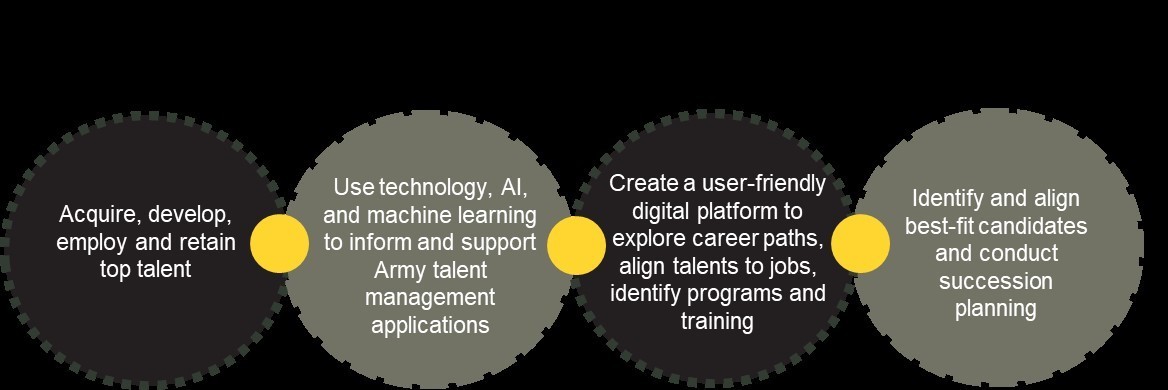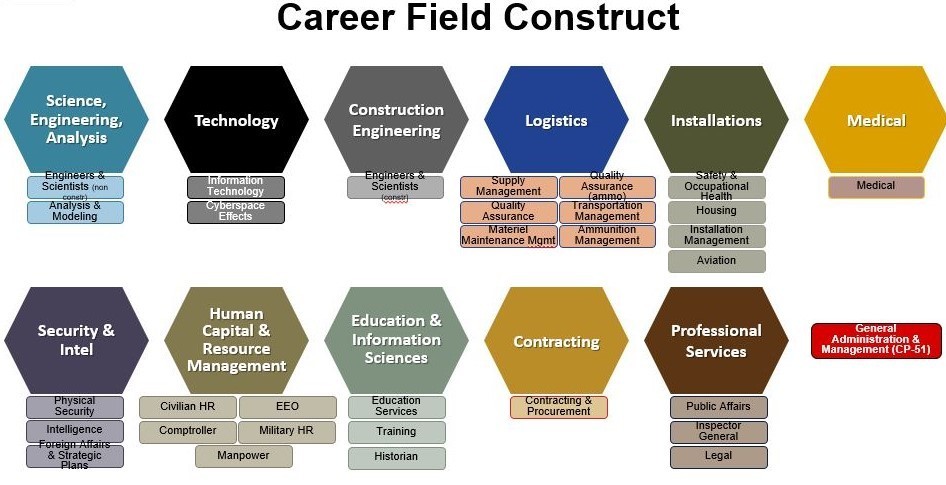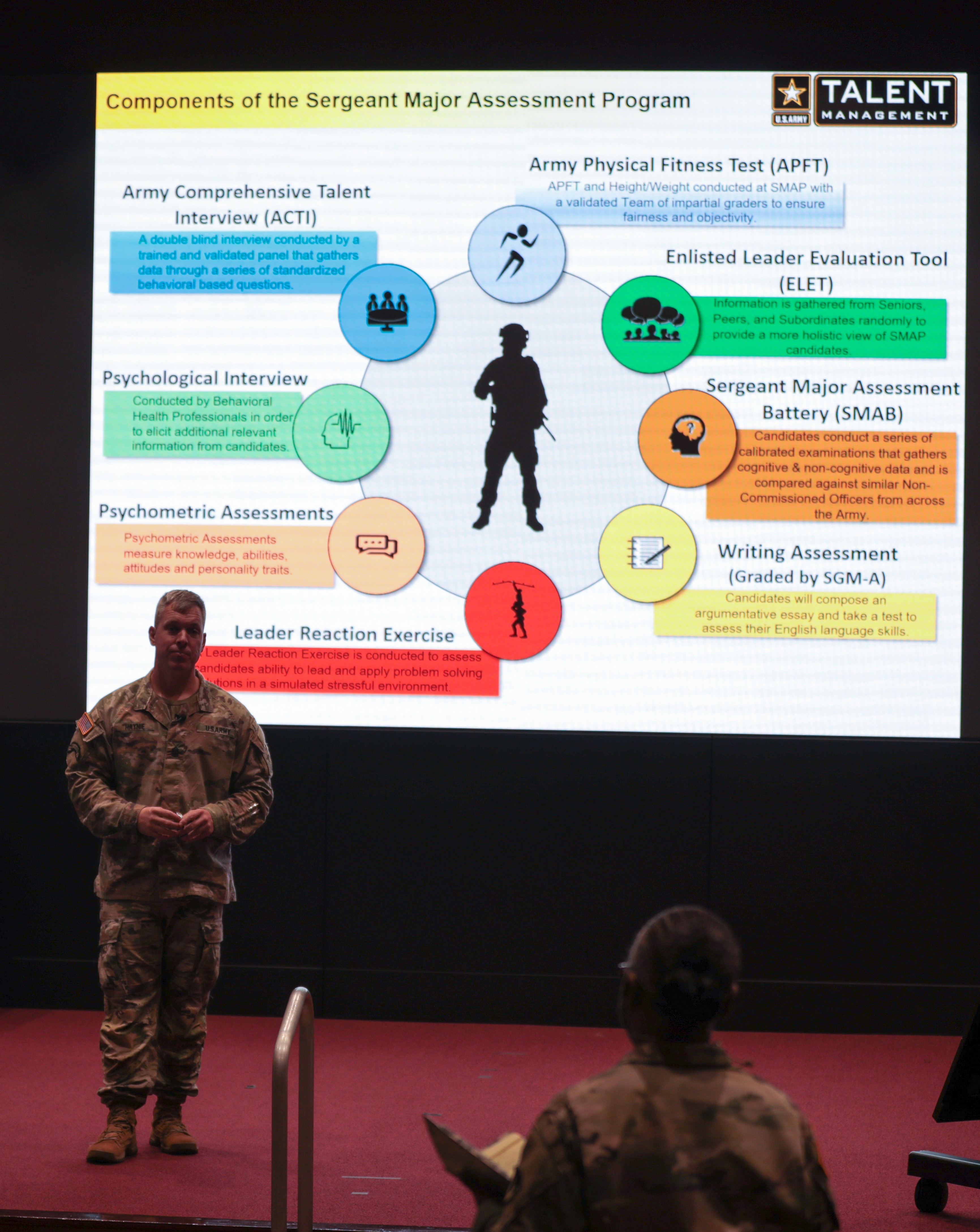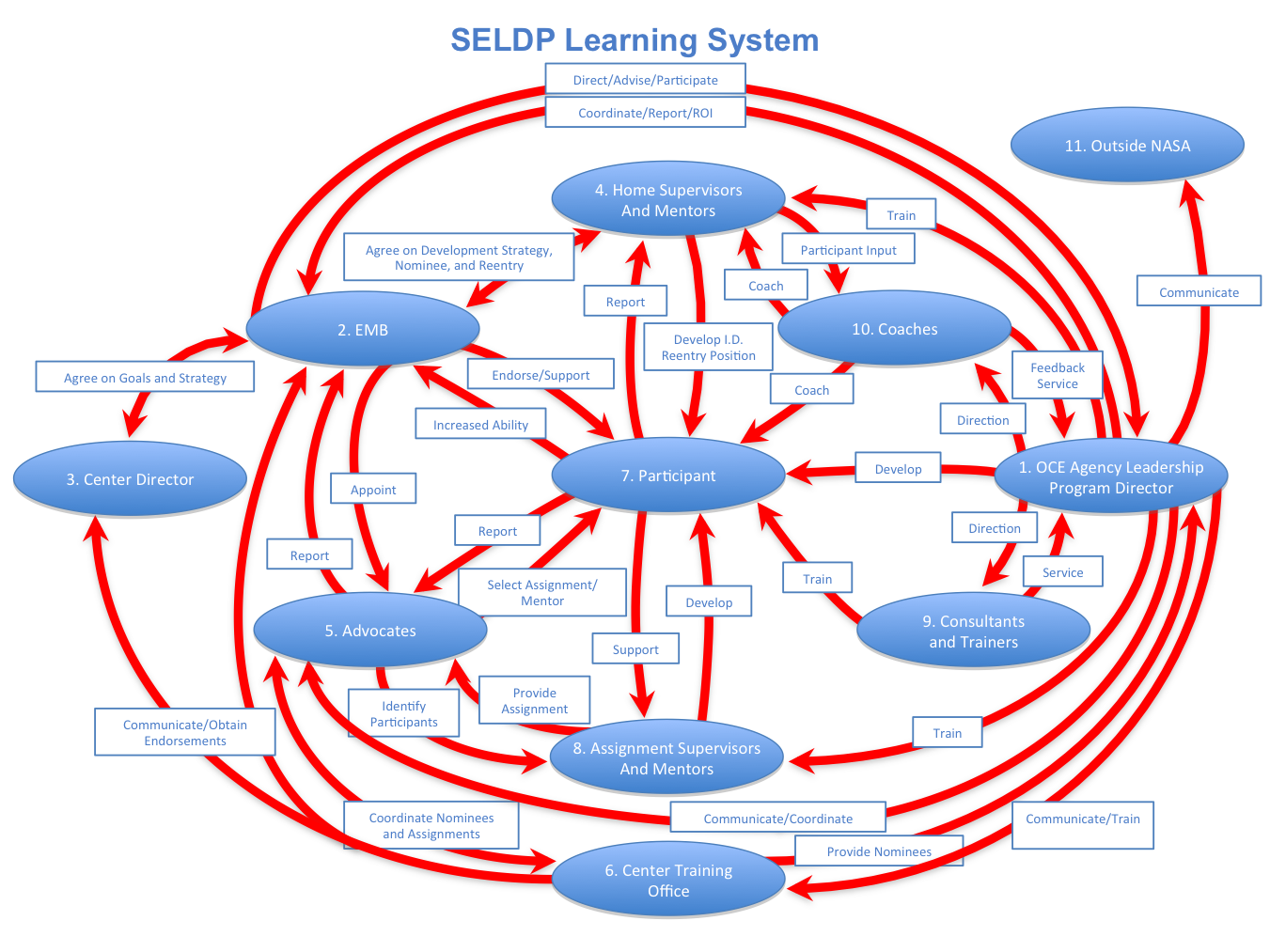
Did you know that 94% of employees would stick around longer if their company invested in their career growth? In our fast-changing job scene, getting a grip on talent development courses can open up new career doors and boost your professional journey. Whether you're climbing the corporate ladder or just starting out, knowing how to make the most of these courses is key. Talent development isn't just a trendy term—it's a smart way to boost your skills, helping you move up in your career. Here, we'll talk about why talent development matters, how to pick and get the most out of the right courses, and see how companies like Deepbrain AI are shaking things up in this area. If you're ready to steer your career in a new direction, let's check out how talent development courses can really make a difference!
Summary: Dieser Artikel beschreibt Talent Development Kurse, ihre Rolle im beruflichen Aufstieg und wie man sie auswählt und maximiert. Es wird auch auf die Beiträge von Deepbrain AI zur Talententwicklung eingegangen.
Understanding Talent Development Courses
Defining Talent Development Courses
Talent development courses focus on enhancing the skills and knowledge of employees. They help bridge the gap between current capabilities and future requirements. By honing these skills, companies can transform potential into tangible results. These courses employ various methods such as mentoring, coaching, formal training, and on-the-job learning, all aligned with the company's values. They not only improve individual performance but also contribute to the overall success of the organization. For instance, a leadership program that imparts strategic thinking and decision-making skills prepares individuals for future leadership roles.
Varieties of Talent Development Courses
Leadership Development Programs
Leadership programs are crucial for molding future leaders. They emphasize skills like strategic thinking and decision-making. These programs utilize mentoring and coaching to prepare employees for management roles. By focusing on emotional intelligence and communication, they ensure employees can lead teams effectively.
Technical Skills Enhancement
Technical courses concentrate on specific skills such as coding or IT certifications. They are vital for keeping employees abreast of the latest tools and technologies, helping companies remain competitive in their industries.
Cross-Functional Training Programs
Cross-functional programs allow employees to experience various roles or departments. This broadens their business understanding and fosters teamwork and adaptability, helping to dismantle silos and build a versatile workforce.
Effective Succession Planning
Succession planning identifies and prepares employees for future key roles. This ensures smooth leadership transitions and maintains organizational stability. It's essential for continuity and addressing future challenges.

Soft Skills Development Courses
Soft skills programs focus on communication and teamwork. These skills enhance workplace culture and collaboration. They emphasize adaptability and problem-solving, which are crucial for a productive work environment.
Mentoring and Sponsorship Initiatives
Mentoring and sponsorship provide guidance and access to leadership opportunities. These initiatives support career growth and diversity, ensuring employees have the support needed to advance.
Essential Elements of Talent Development Courses
Customized Development Plans
Personalized plans align learning with employee goals and business needs, tracking progress to ensure development is relevant and effective.
Mentoring and Sponsorship Programs
Mentoring pairs less experienced employees with seasoned professionals to share knowledge and foster a sense of belonging. Sponsorship advocates for employee advancement by providing visibility and access to key projects and roles.
Diverse Learning Approaches
A blend of learning methods, from traditional classes to online platforms, supports professional growth. This approach encompasses leadership preparation, career paths, skill building, and succession planning.
Course Evaluation and Feedback
Evaluation and feedback are critical. They assess the effectiveness of the course through feedback and performance reviews. Continuous evaluation helps identify areas for improvement, ensuring courses remain effective and relevant.
For more on talent development programs, check out Chronus and Association for Talent Development (ATD).
The Role of Talent Development in Career Advancement
Boosting Career Growth with Talent Development Courses
Talent development courses are crucial for advancing in your career. They provide:
- Clear learning paths
- Mentorship opportunities
- Skill diversification
These programs illuminate potential career trajectories, aligning with industry demands by focusing on applicable skills. Unlike traditional education, which covers a broad spectrum, these courses are direct and efficient, enabling rapid skill acquisition that enhances job performance.
A significant component of these courses is career coaching. This helps in identifying strengths, weaknesses, and career aspirations, leading to enhanced self-awareness and personal growth. For instance:
- Software developers might engage in courses on emerging programming languages or frameworks to remain competitive.
- Marketing professionals could explore digital marketing strategies to keep pace with the dynamic digital landscape.

By updating tech skills and familiarizing with industry tools, these courses facilitate career advancement or transitions.
Real-World Applications of Talent Development Courses
Initiatives like mentorship, coaching, and learning journeys foster a culture of continuous learning and inclusivity. This enhances employee engagement and retention. Companies investing in career coaching often experience substantial returns—up to seven times their investment—boosting both performance and leadership capabilities. Training and development programs also lead to:
- Increased productivity and innovation
- Higher employee satisfaction
- Reduced hiring costs
- Enhanced company reputation
Corporate Training Programs for Career Growth
Organizations such as Google and IBM have robust talent development programs focusing on leadership, technical skills, and innovation. These initiatives support employee growth and prepare them for leadership roles. For example, Google's "Grow with Google" initiative offers courses ranging from data analytics to project management, equipping employees with essential skills for career progression.
Online Learning Platforms for Talent Development
Platforms like Coursera, Udemy, and LinkedIn Learning provide a diverse array of courses across industries and skill levels. They offer the flexibility to learn at one's own pace and select courses aligned with career objectives. For instance, LinkedIn Learning offers courses on soft skills such as communication and teamwork, crucial for career advancement in any field.
Industry-Specific Certifications for Career Advancement
Certifications from reputable industry bodies can significantly enhance credibility and career opportunities. For example:
- The Project Management Institute (PMI) offers the Project Management Professional (PMP) certification, highly regarded in project management.
- The Certified Information Systems Security Professional (CISSP) certification is in demand within the cybersecurity sector.
Talent Development vs. Traditional Education for Career Progression
Talent development prioritizes focus and alignment with corporate goals, emphasizing ongoing learning and practical skills relevant to both current roles and future career paths. While traditional education provides a broad knowledge base, talent development emphasizes:
- Upskilling and reskilling
- Real-time skill application

This approach facilitates career advancement. Traditional degrees offer extensive theoretical knowledge, whereas talent development courses target specific skills like leadership or technology adoption that directly impact job performance and career growth.
Talent development programs often yield swift business benefits, such as increased productivity and profitability, unlike traditional education, which may take longer to manifest results. This adaptability positions talent development as a vital component of lifelong learning, complementing the foundational knowledge acquired through traditional education.
Selecting and Maximizing Talent Development Courses
Choosing the Best Talent Development Course for Career Growth
Selecting the right talent development course can significantly enhance your personal and professional growth. Begin by identifying individuals within your organization who would benefit most from these courses. Look for candidates with potential, commitment, teamwork skills, and a genuine interest in advancing. This approach ensures that they are well-positioned to maximize the learning experience. For instance, a company might identify employees with leadership potential and enroll them in a Wharton University talent management course to equip them with skills to recruit and retain top talent.

When choosing a course, prioritize those that cover essential topics such as talent analytics, leadership development, and strategies for attracting and retaining talent. Certifications like the Certified Learning Strategist (CLS) are worth considering, as they focus on instructional design, mentoring, inclusivity, and leveraging learning management systems. These certifications can broaden your skill set and advance your career.
Additionally, closely examine the course curriculum. Ensure it incorporates the latest methodologies and tools, and evaluate the provider's reputation and accreditation. Consider the course's format—whether online, hybrid, or in-person—and determine how it aligns with your schedule. Weigh the cost against the potential benefits, and review feedback to assess the course's quality and support.
Strategies to Maximize Benefits from Talent Development Courses
To fully benefit from a talent development course, engage actively with the materials and participate in live forums, projects, and discussions. Active participation enhances learning and enriches the experience. For example, an employee might collaborate with their manager to set goals, monitor progress using course metrics, and apply new skills to real-world projects.

Utilize data to track your progress and evaluate the effectiveness of the development. Focus on meaningful metrics, beyond completion rates, such as actual performance improvements. Align your learning goals with both business objectives and personal career aspirations, and enlist your manager's support to incorporate these plans into performance reviews. This alignment ensures that the skills you acquire are valuable to both you and your organization.
Moreover, apply what you learn as soon as possible. Whether through work, volunteering, or personal projects, practicing new skills reinforces learning and boosts confidence. Seek feedback from instructors or peers to identify areas for improvement and continue refining your skills.
Integrating Talent Development Courses into Career Growth Plans
Incorporating talent development courses into your career growth plan requires strategic planning. Begin by outlining your career aspirations and select courses that develop the necessary skills. Ensure these courses align with your goals and your organization's needs. Utilize certifications and recognized training to build a skill portfolio that can facilitate promotions and new opportunities.
Develop leadership pipelines by identifying high-potential employees and providing them with targeted development to prepare for advanced roles. For instance, a professional might map out a career path that includes completing a Certified Learning Strategist program and applying new leadership skills to pursue management positions.
Leverage the skills and knowledge gained from these courses to explore new opportunities within your organization or industry. Highlight your newly acquired skills in your resume and during interviews. Demonstrating a commitment to continuous learning can distinguish you and open doors to advanced roles.
Finally, share your knowledge with colleagues or industry peers. This not only reinforces your learning but also establishes you as a thought leader. Engaging in discussions, writing articles, or delivering presentations can solidify your expertise and enhance your professional reputation.
Deepbrain AI's Impact on Talent Development Courses
Overview of Deepbrain AI and AI Studios
Deepbrain AI is making waves in artificial intelligence, offering tools that shake up how we create and manage content. One of their standout tools is AI Studios. This platform turns text into video using lifelike AI avatars. These avatars cover over 100 ethnicities and professions and can chat in more than 80 languages.
With over 100 ready-to-use templates for business presentations, tutorials, and commercials, creating professional videos becomes a breeze. Deepbrain AI uses deep learning techniques like generative adversarial networks and advanced natural language processing to bring digital humans to life. These avatars can hold natural conversations, make gestures, and show emotions, making them perfect for boosting communication and engagement in talent development courses.
AI Studios' Role in Enhancing Talent Development Courses
AI Studios is key for talent development, offering cool features for both individual and group training.
Personalized Learning in Talent Development Courses
Deepbrain AI's platform lets you create realistic AI coaches and trainers that offer personalized learning. This is crucial for scalable talent development and ongoing skill growth. The AI avatars interact realistically, boosting engagement and retention.
For example, a company can use AI Studios to create AI coaches that guide employees through tailored courses, improving learning outcomes and scalability. The platform saves time and effort in making professional educational content, helping organizations and coaches deliver consistent, high-quality training.
Scalable Training Solutions for Talent Development
Deepbrain AI also focuses on upskilling its staff and partners with universities and research institutions to build global talent for AI innovation. By using AI-powered communication tools, Deepbrain AI makes interactions more engaging with human-like avatars. These avatars are key in boosting learning engagement and retention.
The platform's scalability means organizations can train many employees efficiently, providing consistent training across locations and time zones.
Boosting Engagement in Talent Development Courses
Deepbrain AI's video solutions boost engagement through interactive and immersive training. AI avatars create a dynamic learning environment where learners engage with content more effectively. This is enhanced by the platform's use of multimedia elements like video, audio, and graphics, making learning more enjoyable and effective.
Future Trends in AI and Talent Development Courses
As AI technology evolves, several trends are shaping the future of talent development.
AI for Personalized Learning in Talent Development
The future of AI in talent development includes more real-time interactive avatars capable of dynamic conversations and emotional expressions. This will boost learner engagement and personalized feedback. AI's ability to analyze data and provide insights into learning patterns will enable more customized training programs, leading to a shift towards learner-centric approaches.
Global Talent Acquisition and AI Integration
AI's integration with global talent strategies helps companies build diverse, skilled teams that drive innovation in AI development and training. AI-driven automation will streamline coaching and training, allowing talent developers to focus on transformational learning experiences.
AI-Driven Skills Assessment in Talent Development
Emerging AI communication technologies will redefine leadership and soft skill development by enhancing clarity, engagement, and personalized coaching at scale. AI's ability to assess skills will become increasingly important, providing accurate evaluations of abilities. This trend will enhance talent development by ensuring training aligns with actual skills and competencies.
In conclusion, Deepbrain AI's innovative solutions are crucial in shaping the future of talent development, offering scalable, personalized, and engaging learning experiences that meet the evolving needs of learners and organizations.
Frequently Asked Questions About Talent Development Courses
Top Companies for Talent Development Courses
If you're on the hunt for talent development courses, the Association for Talent Development (ATD) should be on your radar. They offer more than 200 courses that help professionals either boost their current skills or branch out into new areas. You can choose from in-person, online, and on-demand options. Their ATDYou Learning Library even has 80 on-demand courses, each just 45 minutes long, perfect for busy talent development pros.
With a global community of over 30,000 members in 120+ countries and a track record of training over 160,000 professionals, ATD is well-known for its thorough and adaptable learning solutions. They provide certifications and resources for facilitators, instructional designers, and learning technologists, helping participants stay ahead in the ever-changing talent development field.

Choosing the Right Talent Development Course for Your Career
Picking the right talent development course means matching it with your career goals and the skills you want to grow. Start by figuring out what you want from your career and what skills you'll need to get there. Make sure the course supports both your personal goals and your organization's needs.
Consider what kind of program suits you best—be it leadership development, technical skills, cross-functional training, or soft skills. Look for courses that offer personalized development plans and practical experiences like mentoring and coaching. These elements ensure you keep growing and stay engaged.
Consider the format, too—whether it's in-person, online, or on-demand—and pick one that fits your style and schedule. ATD, for example, offers flexible options to match different preferences. If you're eyeing a leadership role, courses that focus on strategic thinking, decision-making, and interpersonal skills, often through mentorship and coaching, can be especially helpful.
Benefits of Completing Talent Development Courses
Taking a talent development course can bring a lot of perks that boost both personal and organizational growth. These courses sharpen your skills, prepping you for career advancement while syncing your progress with your organization's goals. They boost engagement, build crucial skills, and encourage a culture of ongoing learning, all of which contribute to long-term success.
Talent development courses also aid in succession planning by grooming future leaders, ensuring smooth transitions in key roles. You'll develop both hard and soft skills, like technical know-how, communication, emotional intelligence, and teamwork, which enhance workplace culture and collaboration. These courses also make you more adaptable and versatile through cross-training, which is vital in today's fast-paced business world.
In talent development, most professionals are highly educated—87% have at least a four-year degree, 44% hold a master's, and 5% have doctoral or professional degrees, according to 2019 ATD research. Talent development involves strategically boosting employees' skills, knowledge, and performance to support career growth and align with company goals. It includes mentoring, coaching, formal training, leadership development, succession planning, and on-the-job learning.

Effective programs improve retention rates, groom future leaders, foster collaboration through cross-training, and align individual growth with organizational objectives, creating real business value.
For a deeper dive into talent development, check out the Chronus and Visier blogs. They offer insights into the strategies and ideas that make talent development successful.